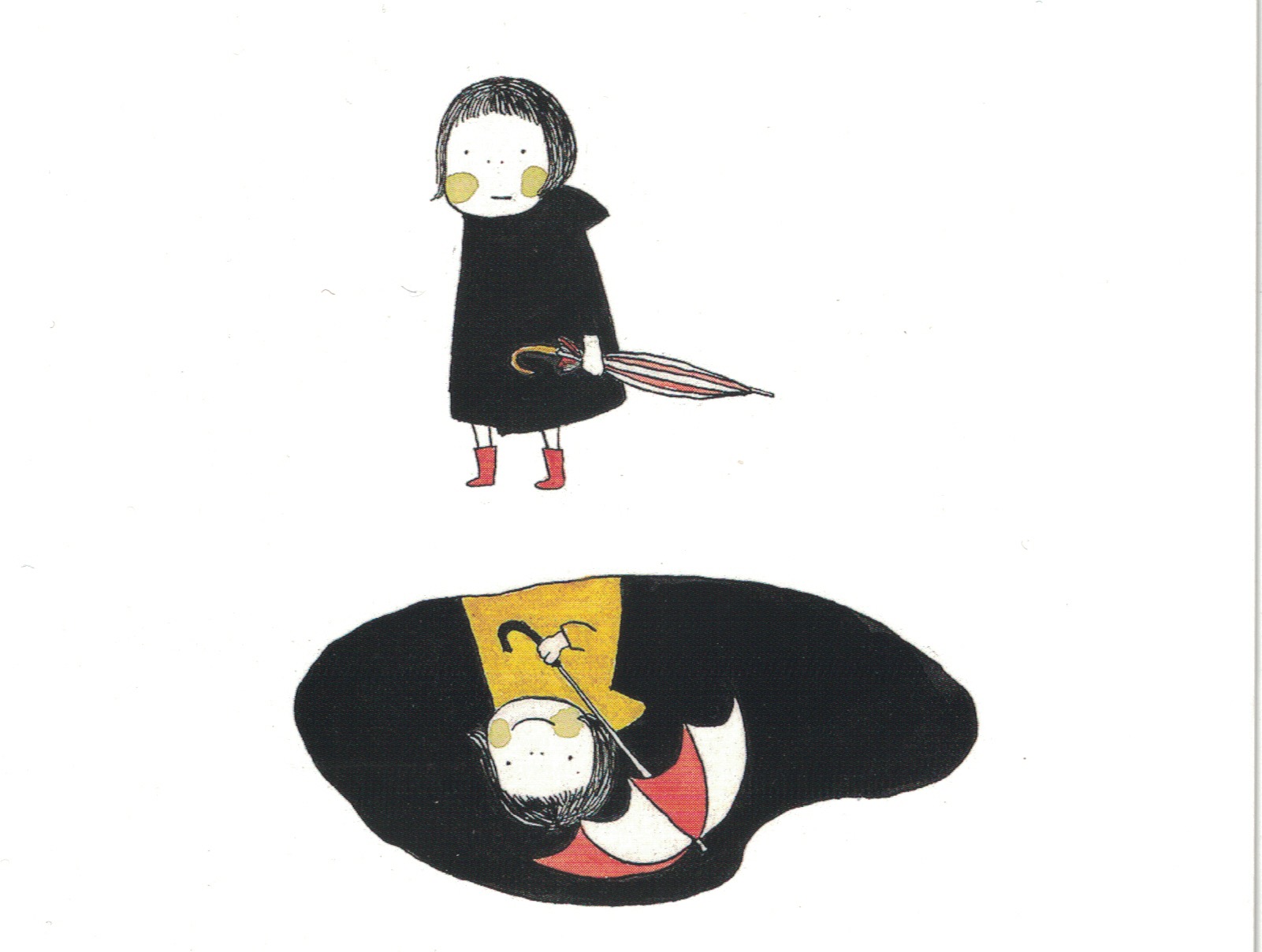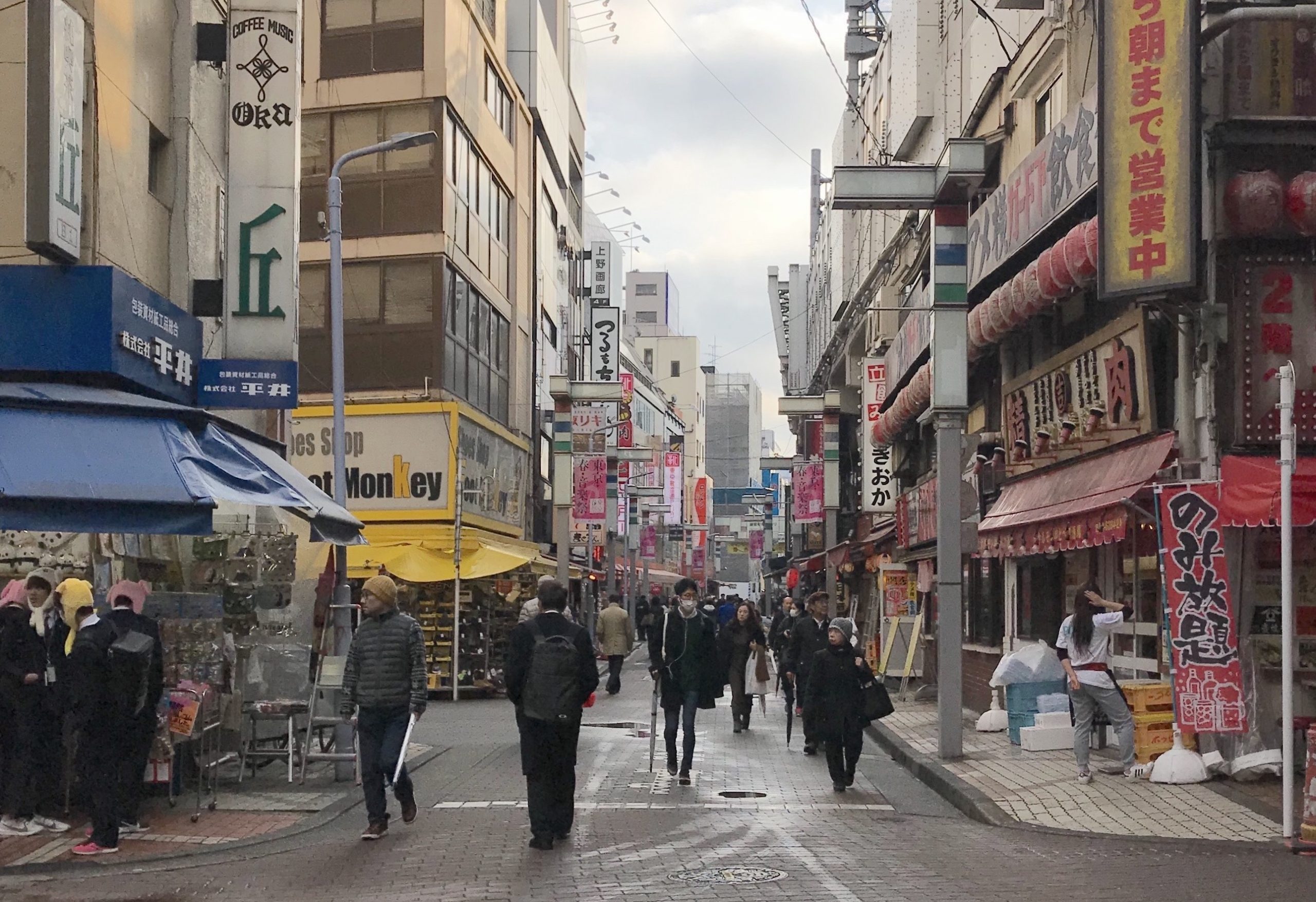ふりがな付き和文は英文の下にございます。/ The Japanese translation with furigana is below the English text.
“IKEMASEN”, “DAME DESU” and “NARIMASEN”: HOW ARE THEY DIFFERENT?
Contents 1. Three ways to say: "It will be no good!" 2. "Ikemasen" 3. "Dame desu" 4. "Narimasen" 5. Summary
1. Three ways to say: “It will be no good!”
In Japanese, the expressions for obligation (“I must do…”) or necessity (“I need to do…”) are made of two parts.
One part says: “If I don’t/wouldn’t do [something]”, and the other part continues: “It is/it will be/it would be no good!”.
It is a double negative structure, and as a result, it means the equivalent of “I must do [something].” or “I need to do [something].” in English.
In this post, we will focus on the second part.
There are three expressions: “Ikemasen”, “dame desu”, and “narimasen” to fit here. They all mean “it is/will not be good/permitted to do…” but there are slight differences in nuance and usage.
How are they different?
2. “Ikemasen”
“Ikemasen (in the polite style)” or “ikenai (in the plain style)” is, in my opinion, the most popular in conversation. It is also natural in written style.
“Ikemasen” gives the impression that something is not allowed from the speaker’s personal judgment under specific circumstances (not speaking in general).
For example, you can say it with yourself as the subject (see Example 1):
Ex. 1. Watashi wa hachi-ji made ni shigoto ni ikanaito ikemasen. (I have to get to work by eight.)
Also, you can say it with someone else as the subject (Ex. 2):
Ex. 2. [A mother says to her children] O-mise no mono ni sawaccha ikemasen. (You must not touch the things in the store.)
3. “Dame desu”
“Dame desu” (in the polite style) or “dame [da]” (in the plain style) is a much more informal and direct way to say “no good“.
Generally, “dame desu” means doing something is bad, disappointing or unacceptable.
“Dame” is a versatile adjective and you can use it in many different situations, whereas “ikemasen” and “narimasen” are always used in the “it is not allowed” context.
In the expression for obligation, “dame desu” means “no good” “not allowed”.
Its negative connotation is so strong that you don’t usually use “dame” in a sentence for obligation with yourself as the subject. Compare Ex. 1 in Section 2 and Ex. 3 below:
Ex. 3. Watashi wa hachi-ji made ni shigoto ni ikanaito dame desu. (I have to get to work by eight.)
Of the two, Ex. 1 sounds natural. To hear Ex. 3, we would wonder “What bad things could happen if you would be late? Would they punish you in some way?”
For the same reason, we can use “dame” in a question when we expect an answer such as “Oh, it’s OK. You don’t have to!”.
Ex. 4. [Student] Repooto, ashita made ni dasanakucha dame desu ka? (Do I really have to submit the report by tomorrow?)
[Teacher] Muzukashikattara, agate demo ii desu yo. (If it’s difficult, you can submit it the day after tomorrow.)
Also, you often use “dame” when you tell your family and friends not to do something. (See Ex. 5)
Ex. 5. [Mother yells at her children:] Abunai! Wataccha dame!! (It’s dangerous! Don’t cross!!)
4. “Narimasen
“Narimasen (in the polite style)” or “naranai (in the plain style)” sounds the most formal of the three expressions for “no good”. It sounds coercive and more formal. And we often use it in writing.
We feel this way because you see it all the time in legal documents, written rules and regulations, scriptures and so on (Ex. 6). It gives you the impression that someone in authority requires or orders you to do something. You could neglect the requirement or duty or break the rule on pain of some punishment.
Ex. 6. Ken’etsu wa kore o shite wa naranai. Tsuushin no himitsu wa, kore o okashitewa naranai. (No censorship shall be maintained, nor shall the secrecy of any means of communication be violated. Constitution of Japan, Article 21-2)
Then how does it sound in conversation?
You can use it with you as the subject as follows:
Ex. 7. Hachi-ji made ni ha-isha ni ikanakereba narimasen. (I must go to the dentist by eight.)
This sounds more formal than “ikemasen” (Ex. 1), but it’s still natural. It is because you sound more objective by using the coercive expression on the obligation you place on yourself.
If, however, you use it in a sentence with someone else as the subject, it sounds as if you spoke as an authority. It’s fine if that’s your intention, but if not, and you use it simply as a replacement for “ikemasen” or “dame”, it sounds stilted, old-fashioned and awkward.
5. Summary
Note: In this table for summary, “a first-person subject” means when you say “I have to do…”, and “a second-person subject” means when you say “It will not be good for you to do…”
| Expression | Meaning and General Character | If used in a sentence with a first-person subject | If used in a sentence with a second-person subject |
|---|---|---|---|
| "Ikemasen" | It means "it is not allowed". Used both in spoken and written style | Sounds natural | Sounds natural |
| "Dame desu" | It means "no good" Used in more casual conversation | Sounds natural only when the speaker asks for permission in a question | Sounds natural with family and friends |
| "Narimasen" | It means "it is not allowed". Used in more formal speech or written style | Sounds natural but more formal than "ikemasen" | Gives an awkward impression in most cases. We recommend you not to use it. |
However, as for my comments on fine nuances, frequency of use and such, you don’t have to take them at full face value. There may be different ways of feeling about them depending on the area, generation, etc., of the listener.
If you have the chance to travel to different parts of Japan, or watch movies, dramas and interviews, carefully listen for how people speak.
[End of the English post]
「いけません」「だめです」「なりません」はどう違う?
目次 1. 「ゆるされない」の三通りの言い方 2. 「いけません」 3. 「だめです」 4. 「なりません」 5. まとめ
1. 「ゆるされない」の三通りの言い方
日本語では、義務(何々しなければならない)や必要性(何々する必要がある)などの表現は、二つの部分でできています。
最初の部分では、「あることをしなかったら」と言い、後の部分は「よくない」「まずいことになる」と言います。
これは二重否定の構文で、結果的に英語の「I must do something」「I need to do something」と同じ意味になります。
さて、この記事では、「いけません」「だめです」「なりません」の部分に焦点を当てていきます。すべて、「よくない、許されない」の意味になりますが、ニュアンスと使い方が少し違います。
2. 「いけません」
会話では、丁寧体で「いけません」、普通体で「いけない」というのが一番よく使われるかもしれません。「いけません」は、書く時にも使えます。
「いけません」は、何かが許されないということですが、それは特定の状況のもとで話し手が下す個人的な判断です。一般的な話ではなく。
例えば、自分を主語にして下のように言うことができます。
例1 私は8時までに仕事に行かないといけません。
また、他の人を主語にすることもできます(例2)。
例2 [母親が子供たちに] お店のものにさわっちゃいけません。
3. 「だめです」
丁寧体で「だめです」、普通体で「だめ(だ)」は、ずっとくだけた、直接的な調子で「悪い」「悪いことが起こる」ということです。
一般的に、「だめです」は何かすることが悪い、人をがっかりさせる、または受け入れられないという意味です。
「だめ」はいろいろな状況で使われる形容詞です。「いけません」「なりません」はほとんど必ず「許されない」という文脈で使いますが。
「だめです」は、義務を表す文では「ゆるされない」という意味です。この否定的な感じはとても強いので、自分を主語にして義務をす文にはあまり使いません。
例1と、下の例3を比べてみましょう。
例3 私は8時までに仕事に行かないとだめです。
例1は自然な感じでしたが、例3を聞くと、「遅れたらどんな悪いことが起きるんだろう? 何か罰が与えられるんだろうか?」などと考えてしまいます。
一方、同じ理由で、「だめ」は「大丈夫ですよ、そうしなくても!」という答えを期待して尋ねる質問にも使えます。
例4 [学生] レポート、明日までに出さなくちゃだめですか?
[教師] 難しかったら、あさってでもいいですよ。
また、「だめ」は、家族や友人など親しい人が何かしようとするのを話し手が止めるのによく使います(例5)。
例5 [母親が子供たちに] あぶない! 渡っちゃだめ!
4. 「なりません」
丁寧体で「なりません」、普通体で「ならない」というと、この三つのうちで一番固い言い方になります。強制力があり、改まった感じ、または書き言葉という感じです。
この感じは、法的書類、規則書、聖書などでよく見ることからきています(例6)。権威のある人が、こちらが何かすることを求めている、あるいは命じている印象があります。その要求や義務を無視するなら、何らかの罰を受けるかもしれない、と。
例6 検閲はこれをしてはならない。通信の秘密は、これを犯してはならない。(日本国憲法第21条2節)
それでは、会話にはどう使うのでしょうか。
下のように、自分を主語にして、使うのです。
例7 私は8時までに歯医者に行かなければなりません。
これは例1の「いけません」より改まっていますが、やはり自然な言い方です。自分に課した義務について強い表現を使うことで、より客観的に発言している感じがします。
でも、他の人を主語にすると、自分が権威のある者であるかのような印象を与えます。そのような印象を与えたいならそれは構いませんが、そうでなく、単に「いけません」「だめ」の代わりとして使うと、堅苦しく、古風でぎこちない日本語になってしまいます。
5. まとめ
注;このまとめの表では、「一人称の主語」は「私が何々しなければならない」という場合を表し、「二人称の主語」は、「あなたが何々することはよくない」という場合になります。
| 表現(ひょうげん) | 意味(いみ)と特徴(とくちょう) | 一人称主語(いちにんしょうしゅご)の場合(ばあい) | 二人称主語(ににんしょうしゅご)の場合(ばあい) |
|---|---|---|---|
| いけません | 「ゆるされない」という意味(いみ)。 話(はな)し言葉(ことば)、書(か)き言葉(ことば)のどちらにも使(つか)える | 自然(しぜん) | 自然(しぜん) |
| だめです | 「よくない」という意味(いみ)。 くだけた会話(かいわ)に使(つか)う | 許可(きょか)を求(もと)める時(とき)に使(つか)うのは自然(しぜん) | 家族(かぞく)や友人(ゆうじん)に使(つか)うには自然(しぜん) |
| なりません | 「ゆるされない」という意味(いみ)。 より改(あらた)まった話(はな)し方(かた)で、または書(か)き言葉(ことば)に使(つか)う | 自然(しぜん)。「いけません」より固(かた)い感(かん)じ | 使(つか)わない方(ほう)が良(よ)い |
ただし、ニュアンスや頻度などについての私の意見は、そのまま受け取らなくても結構です。話し手の出身地方、年齢などによって、違う感覚もあるでしょう。
日本の各地を旅する機会があったら、または映画やドラマ、インタビューなどを見る機会があったら、気をつけて聞いてみてください。
[和文部終わり]





